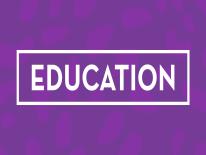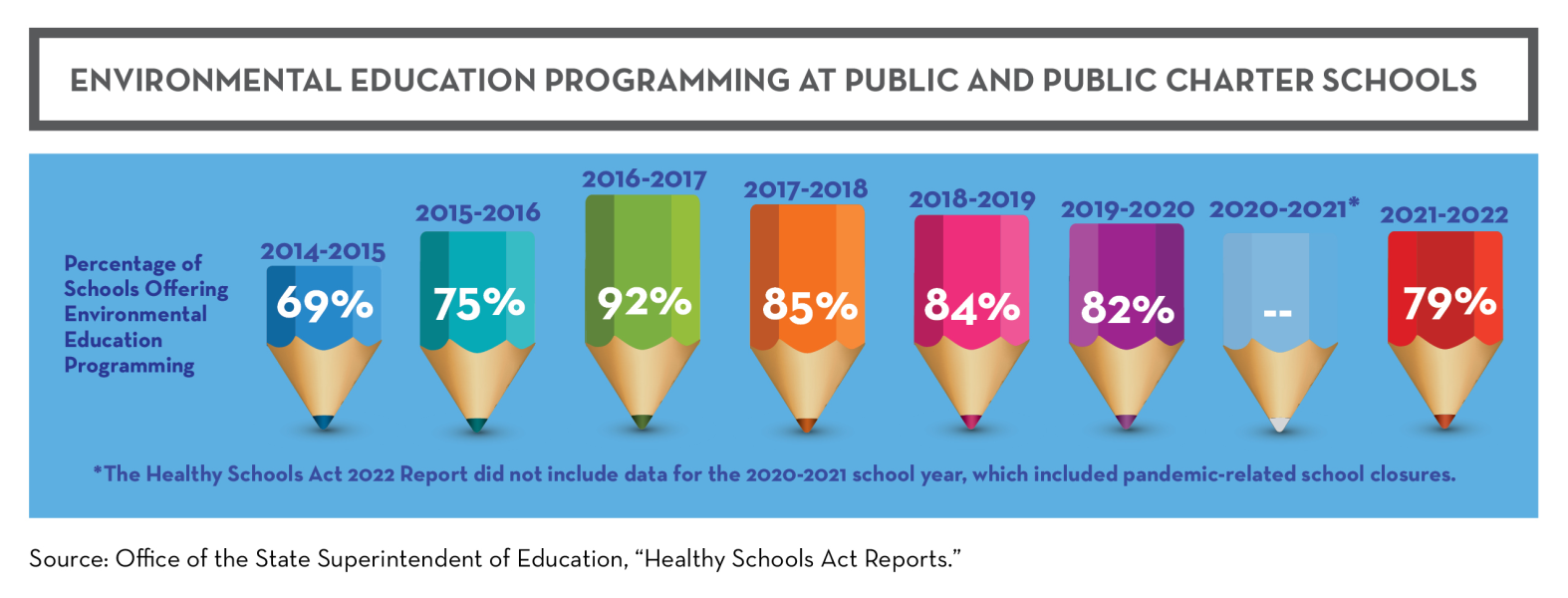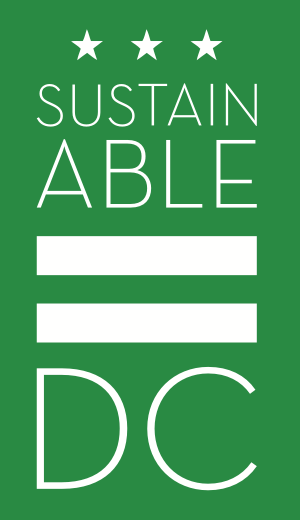

Sustainability education, both in school settings, and through community engagement, is fundamental to the success of Sustainable DC. There must be inclusive, equitable, and quality learning opportunities for all District residents on the benefits and importance of sustainability. The District Government, in partnership with its strong network of environmental and sustainability nonprofit organizations, needs to ensure that sustainability is relevant, meaningful, and welcoming to all District residents. To do so, it’s important to make connections between sustainability and pressing concerns such as food access and health outcomes. It’s also important to empower youth, seniors, people of color, and other residents who may have felt excluded from sustainability conversations with the knowledge necessary to benefit from them. Learning opportunities take a variety of forms, from nature field trips to community conversations, to tracking the energy performance of a building. To be effective, educational opportunities must be well integrated into people’s schedules, in convenient locations, and at convenient times. As with all learning, sustainability education is a lifelong process, and it must evolve to meet the needs of residents where they are.

Goal 1: Ensure every student in the District graduates with the knowledge to protect and restore their local environment
Status:  The average progress score of actions under this goal is “Moderate Progress” (2 out of 4). See annual progress reports for details.
The average progress score of actions under this goal is “Moderate Progress” (2 out of 4). See annual progress reports for details.
What's Been Done?
- The Department of General Services regularly performs school and recreation center modernizations that incorporate environmental improvements.
- The Office of the State Superintendent of Education’s Capital LEAF program recognizes schools achieving success in environmental and sustainability outcomes and serves as a stepping stone to schools seeking recognition by the US Department of Education's Green Ribbon Schools program.
- The Office of the State Superintendent of Education’s s Environmental Literacy Leadership Cadre creates a community of practice among elementary schools working towards developing and implementing a school‐based environmental literacy program.
- The Department of Energy and Environment provides Meaningful Watershed Educational Experiences for middle school students and professional development training for teachers.
- The DC Futures program assists residents with tuition costs, including for a degree in urban sustainability.
- The annual Electric Vehicle Grand Prix empowers students with the knowledge to build and race mini electric vehicles.
What is Left to Do?
- Modernize all public school buildings, recreation centers, and libraries to reduce their environmental footprint and integrate sustainable and healthy practices.
- Continue implementing programs to encourage all District schools to adopt healthy, green, and sustainable practices.
- Implement the Environmental Literacy Plan.
- Provide adequate support so that every student will have access to meaningful environmental experiences in elementary, middle,and high school.
- Provide dedicated scholarship funding to allow District residents of color to major in sustainability programs in higher education.
Goal 2: Expand community education and engagement on sustainability practices that will help residents live green lifestyles and save money
Status:  The average progress score of actions under this goal is between “Significant Progress” (3 out of 4) and “Completed or Institutionalized” (4 out of 4). See annual progress reports for details.
The average progress score of actions under this goal is between “Significant Progress” (3 out of 4) and “Completed or Institutionalized” (4 out of 4). See annual progress reports for details.
What's Been Done?
- The annual District Sustainability Awards recognize businesses, organizations, and individuals whose work aligns with the District’s sustainability goals.
- The “Go Green” page on the Sustainable DC website provides a list of actions for residents to take that align with the District’s sustainability goals.
- The Sustainable DC website includes a calendar of volunteer opportunities hosted by local organizations that advance the District’s sustainability goals and community members can sign up to be notified of upcoming opportunities.
- District programs such as the Anacostia River Explorers and the Anacostia Green Boats programs provide opportunities for community members to learn about and build connections with the natural world.
What is Left to Do?
- Increase District residents’ awareness of sustainable living using culturally relevant and community-driven materials.
- Increase participation of people of color in Sustainable DC community events, planning efforts, and implementation of programs and policies.
Last updated: June 2025

